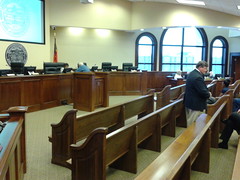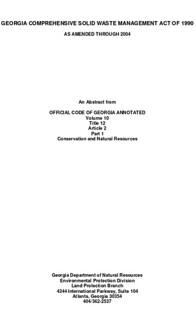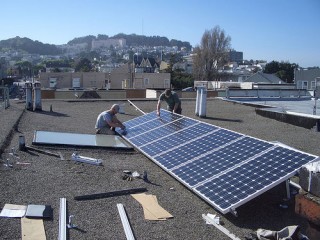 The VDT should dig deeper into the finances of Lowndes County trash collection.
Nobody has ever seen an accounting of where where the money went for
the county’s former waste collection sites, so nobody knows whether
the county was really losing money or how much, and the county’s
version of how those sites had to be paid for doesn’t match state law..
Sure, Bill Slaughter defending a decision made when Ashley Paulk was chair
is amusing, but instead of transcribing what county officials tell it,
the VDT could find lots more under the county’s garbage with a little digging.
The VDT should dig deeper into the finances of Lowndes County trash collection.
Nobody has ever seen an accounting of where where the money went for
the county’s former waste collection sites, so nobody knows whether
the county was really losing money or how much, and the county’s
version of how those sites had to be paid for doesn’t match state law..
Sure, Bill Slaughter defending a decision made when Ashley Paulk was chair
is amusing, but instead of transcribing what county officials tell it,
the VDT could find lots more under the county’s garbage with a little digging.
Jason Schaefer write for the VDT Thursday,
Concerns continue over garbage agreement:
Business owner argues case against County
 The County is not required under Georgia law to issue RFPs to any
company for waste disposal services, according to Slaughter. That
decision was made in a good-faith effort to find the lowest possible
rate for garbage service for the citizens of Lowndes County, he said
Tuesday.
The County is not required under Georgia law to issue RFPs to any
company for waste disposal services, according to Slaughter. That
decision was made in a good-faith effort to find the lowest possible
rate for garbage service for the citizens of Lowndes County, he said
Tuesday.
Is that the point of county government, to act like Wal-Mart?
Is money the only value the county government can name?
 Everyone I talked to about the trash issue in 2012 who already
had a waste collection card said they’d be willing to pay more
to keep the sites open.
Maybe if the county had held public hearings they would have learned that.
Everyone I talked to about the trash issue in 2012 who already
had a waste collection card said they’d be willing to pay more
to keep the sites open.
Maybe if the county had held public hearings they would have learned that.
And does anyone believe ADS’s rates are going to stay that low?
Look at
Wakulla, Florida, where it’s $196/year.
But the bigger question is why did the county privatize trash collection
anyway?
Continue reading →
 The facts don’t match County Chairman Bill Slaughter’s assertion
(according to the VDT Thursday):
The facts don’t match County Chairman Bill Slaughter’s assertion
(according to the VDT Thursday):














